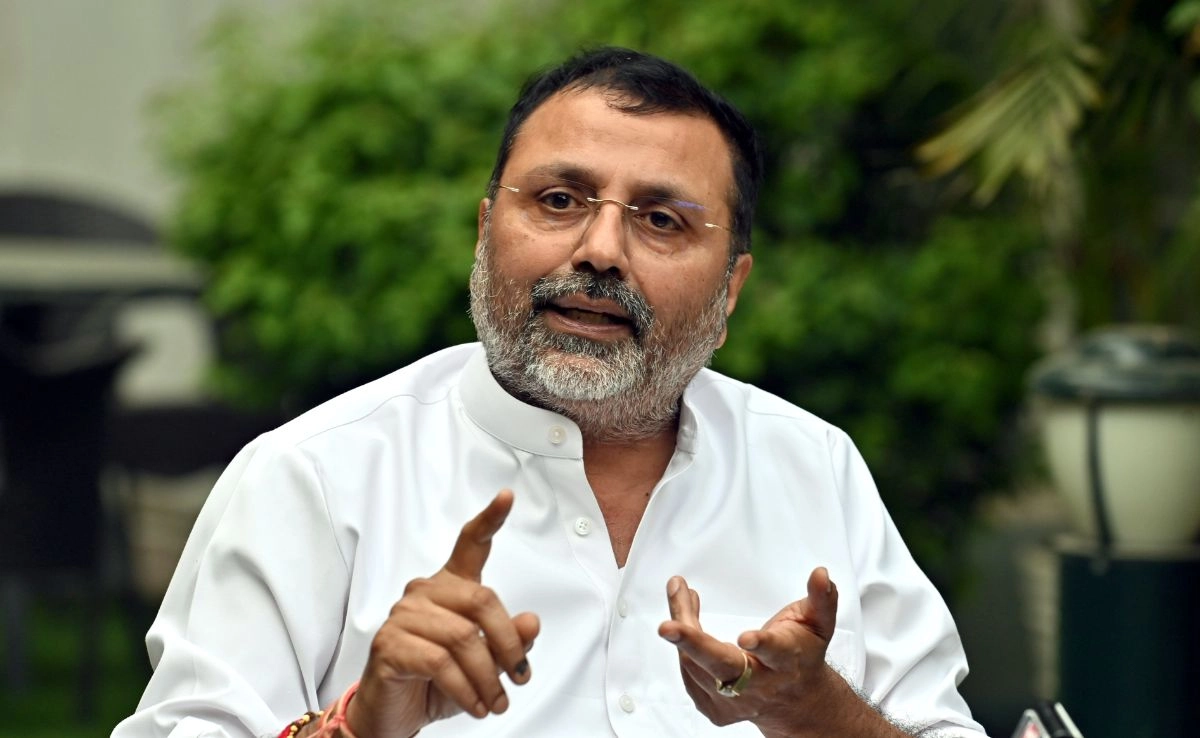BJP MP Nishikant Dubey has made a controversial statement regarding the future of Pakistan, suggesting that the country may be divided into four distinct parts by the year 2025. This assertion reflects a significant shift in the perception of Pakistan’s political stability and territorial integrity. Dubey’s remarks come at a time when tensions between India and Pakistan remain high, with longstanding disputes over Kashmir and other regional issues. His comments have sparked discussions and debates across various platforms, highlighting the complexities of South Asian geopolitics.
The implications of such a division would be profound, not just for Pakistan but for the entire region. The potential fragmentation of Pakistan raises questions about the future of its diverse ethnic and linguistic groups, which include Punjabis, Sindhis, Baloch, and Mohajirs, among others. Each of these groups has its own distinct identity and grievances, which could be exacerbated by a political dissolution. Moreover, international reactions to such a scenario could further complicate the situation, as global powers have vested interests in the stability of the region.
Dubey’s statement also brings to light the broader narrative surrounding national sovereignty and territorial integrity in South Asia. The history of partition, conflict, and subsequent wars between India and Pakistan adds layers of complexity to any discussion of potential division. Analysts and historians often refer to the delicate balance that exists in the region, which could be disrupted by any significant geopolitical changes. As such, while Dubey’s prediction may resonate with certain nationalist sentiments, it also underscores the need for dialogue and diplomatic efforts to address the underlying issues that have plagued Indo-Pak relations for decades.
Ultimately, the future of Pakistan remains uncertain, and while predictions like Dubey’s capture public attention, they also reflect the ongoing struggles within the region. As 2025 approaches, the political landscape may evolve in unexpected ways, and it is essential for policymakers and leaders in South Asia to prioritize stability and cooperation over division and conflict. The fate of millions hinges on these decisions, making it critical to address the challenges head-on rather than resorting to divisive rhetoric.




